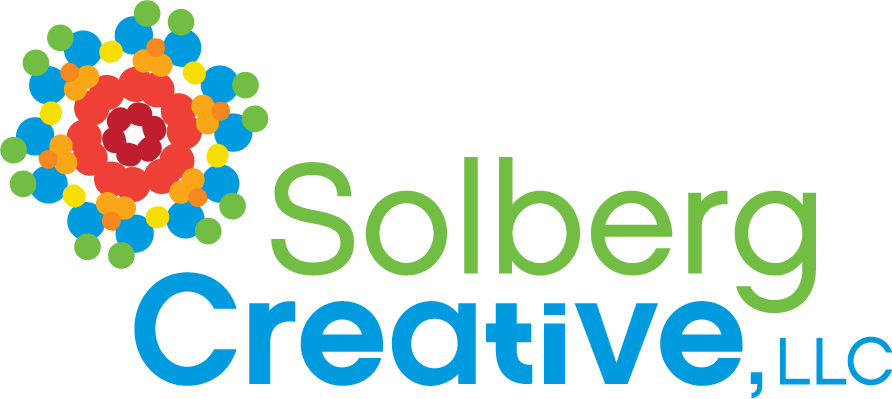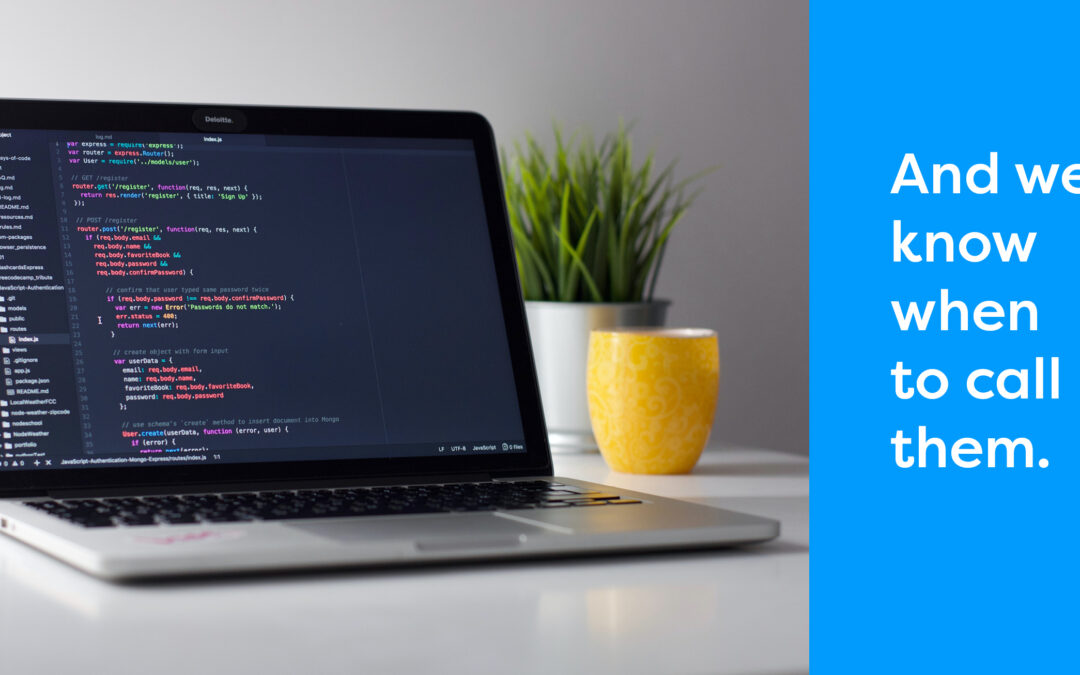And, perhaps most importantly, we know when we’re not the experts. Why does that matter? Because we want to make sure all the work we do is accurate and reflects up-to-the-minute research and data. Especially in our work involving education, whether we’re educating children or adults–we’ll work with the real experts.
For example, when we worked on a series of children’s curricula and training materials focused on teaching children about the importance of good nutrition and exercise, we could have relied on what we know ourselves (and all of us have an interest in these topics and a good grounding in them). But: While we have some knowledge, we know we’re not experts. So we worked with a registered dietitian and an exercise physiologist who painstakingly ensured those educational materials were completely accurate and current with present-day research.
It’s Important to Know What You Don’t Know
This applies to other avenues of our work as well. We have an extensive network of experts in areas that are beyond our knowledge. We can—and do—turn to this network regularly to partner with us on projects that benefit from their experience and expertise. We don’t play the game of “We’ll say we know everything, then we’ll go into hiding while we consult Google U.”
Our clients deserve better than that. For those providing education, it’s especially critical. These partnerships are not only beneficial to the project overall, they end up quite collaborative. The experts sometimes have such a deep knowledge of their topic that they tend to present it as if to an audience of their peers. Because we’re not the experts, we can find a way to ground the information in layperson’s speak, so a general audience will understand it.
On another project teaching children about agriculture in their state, we worked with current teachers working with the specific age groups to review the material not only for accuracy, but to make sure it was age-appropriate and included activities that met state standards.
And of course, once we’ve created that layperson’s text, we have the experts vet it again to make sure nothing was lost in translation.
Have an education project? Contact us here.

